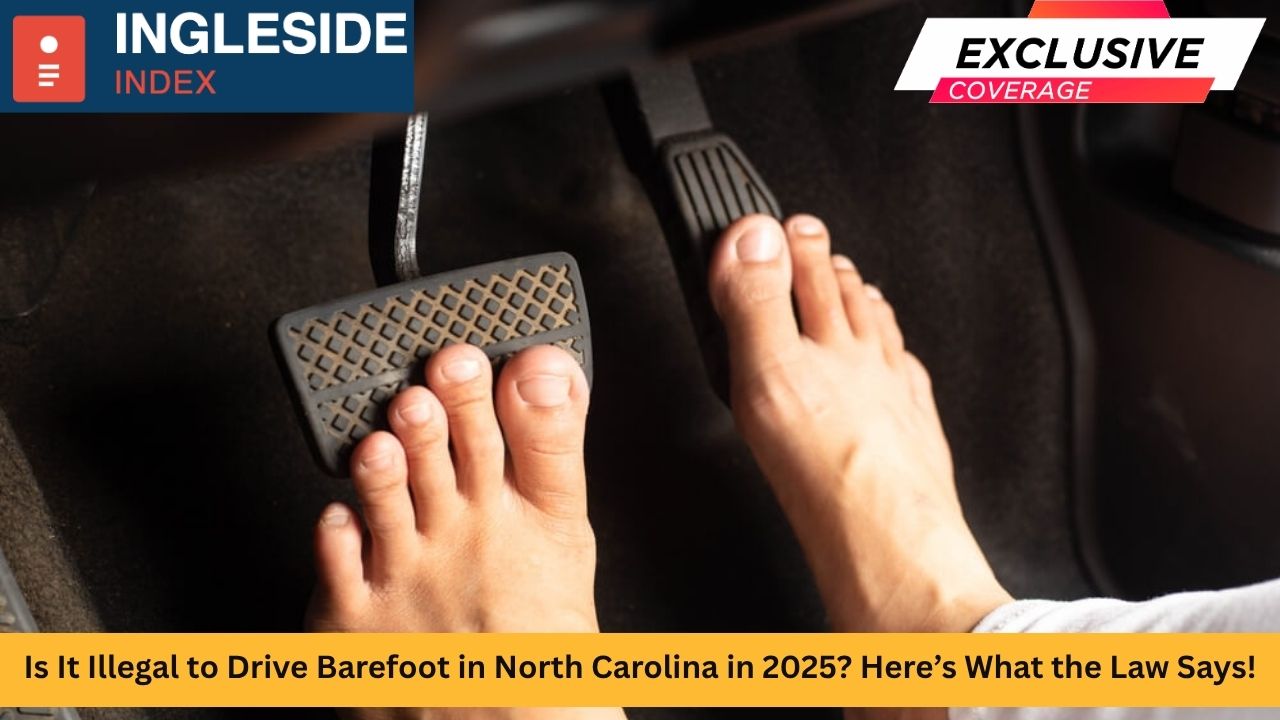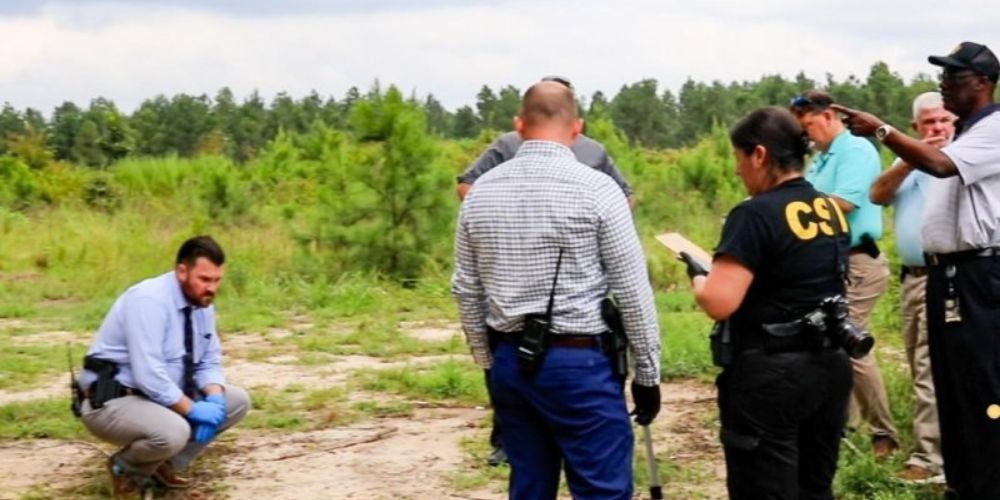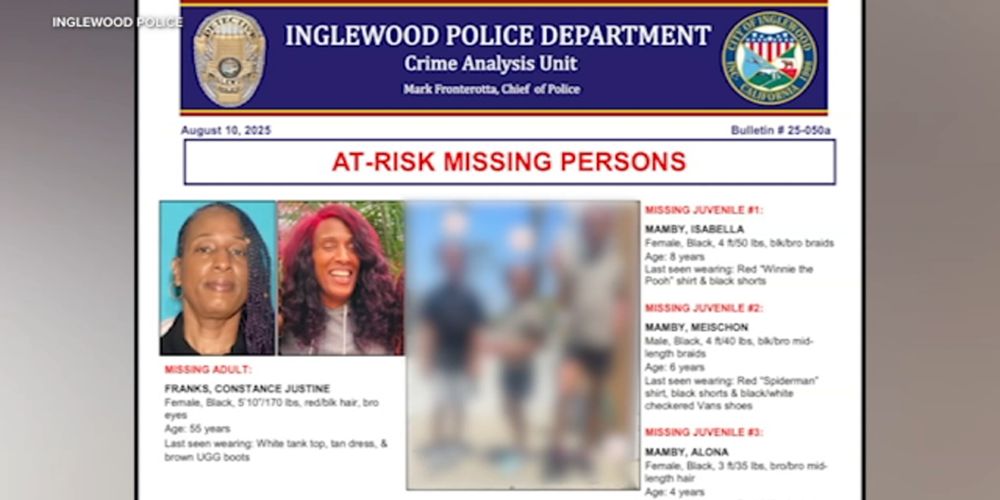Driving barefoot has long been a topic of roadside debate, especially during North Carolina’s warm summers. From the bustling streets of Charlotte to the scenic roads winding through Asheville and the coastal charm of Wilmington, residents and tourists alike have wondered: Is it truly illegal to drive without shoes in the Tar Heel State?
This comprehensive guide explores North Carolina law, busts common myths, presents safety facts, and discusses practical concerns about driving barefoot in 2025. If you want a complete, reliable answer—whether you live in Raleigh, Greensboro, Durham, or any corner of North Carolina—you’ll find everything you need below.
Understanding Barefoot Driving Myths in North Carolina
Across the United States, one of the most enduring driving myths is that operating a vehicle barefoot is against the law. In North Carolina, this urban legend persists in conversations with parents, driving instructors, and even experienced motorists. Many recall hearing, “Take those shoes off and you’ll get a ticket!” in cities like Fayetteville and Chapel Hill.
Where did this myth originate? Some believe it grew from misunderstandings about safe driving practices and insurance liability. Others trace it to outdated or mistaken advice, passed down through generations and reinforced by anecdotal stories.
Notably, local police departments in cities like Greensboro and Winston-Salem occasionally receive calls from concerned citizens questioning the legality of barefoot driving. These misconceptions continue despite clear legal guidance.
What North Carolina Law Really Says About Driving Barefoot
As of 2025, there are no laws in North Carolina that prohibit driving a motor vehicle barefoot. The North Carolina General Assembly has never enacted legislation that makes it specifically illegal to drive without shoes.
North Carolina drivers can rest assured: whether you’re walking to your car on the sandy driveways of Kill Devil Hills or running late in Charlotte’s uptown district, jumping behind the wheel barefoot does not break any specific state law. This mirrors regulations in many other U.S. states, where similar myths prevail but legal restrictions are absent.
However, this does not mean all forms of footwear—or lack thereof—are truly risk-free or advisable. While legality is clear, questions of safety and liability are more nuanced.
Nationwide Perspective: How Other States Treat Barefoot Driving
North Carolina’s approach is not unique. Most states, including neighboring Virginia, South Carolina, and Tennessee, also do not have statutes against driving without shoes. The only common exception in the U.S. pertains to motorcycle operation in some states, but for cars, this rule remains consistent across the country.
This national consensus helps put North Carolina’s position into context. Whether you’re traveling from Atlanta to Charlotte or from Cleveland to Wilmington, the laws concerning barefoot car driving remain quite similar.
Safety Facts: Is Barefoot Driving Dangerous in North Carolina?
Though legal, driving barefoot can pose potential safety hazards.
Potential Risks
-
Reduced Pedal Grip: Without the tread and structure of a shoe sole, your foot may slip off the brake, accelerator, or clutch, especially if the pedals are wet, sweaty, or worn smooth.
-
Limited Protection: In emergencies, such as sudden braking or an accident, bare feet are far more vulnerable to injury from shattered glass or crumpled metal.
-
Pedal Sensitivity: While some drivers claim better “feel” of the pedals, others experience difficulty applying the right pressure, leading to less predictable control.
-
Distractions: The discomfort of a hot or rough pedal, or an unexpected sharp object, can distract you from focusing on the road.
Accident Data
According to the National Highway Traffic Safety Administration (NHTSA), pedal misapplication—sometimes resulting from improper footwear or bare feet—causes an estimated 16,000 crashes annually in the United States. In North Carolina’s growing metropolitan areas, such as the Triangle (Raleigh/Durham/Chapel Hill) and the Triad (Greensboro/Winston-Salem/High Point), traffic congestion increases the risk of these incidents, especially during summer months when barefoot driving is more common.
Types of Footwear and Their Impact on Driving Safety
While barefoot driving is legally permitted, some types of footwear can be even more hazardous:
-
Flip-flops and Loose Sandals: Because they can easily slip off or become wedged under the pedals, these are widely considered among the least safe driving choices.
-
High Heels: These distort the foot’s angle, reducing control and stability, especially during emergency braking.
-
Heavy Boots: Oversized work boots or hiking shoes can make it hard to feel or operate pedals with precision.
-
Slippers and Bedroom Shoes: The soft soles reduce pedal grip and the material can fold underfoot.
-
Bare Feet: As mentioned, while you might have greater tip-of-toe sensitivity, you lack the protection of a shoe and risk slipping.
Most driving safety organizations recommend lightweight, flat, closed-toe shoes with good grip for optimal control.
Legal Consequences: When Can Barefoot Driving Lead to Penalties?
While driving barefoot doesn’t violate any specific North Carolina statute, it isn’t a “get out of jail free” card in every circumstance.
If a barefoot driver loses control of the vehicle—and this lack of control can be reasonably connected to their barefootedness—law enforcement officers may charge the driver with reckless or careless driving. This is not because of the bare feet per se, but rather the unsafe control of the vehicle.
For example, if a driver in Wilmington fails to brake effectively due to sweaty or wet feet and causes a rear-end collision, officers investigating the crash may cite this factor in determining fault or negligence. If charged, the penalties could include fines, points on your license, or increased insurance rates.
Your insurance provider could also argue that barefoot driving, if it contributed to an accident, constitutes negligence, potentially affecting claims or compensation. This underscores the importance of choosing safe footwear for driving, particularly in high-traffic hubs like Charlotte, Raleigh, and Greensboro.
Law Enforcement Perspectives Across North Carolina
Drivers in cities such as Asheville, Raleigh, Fayetteville, and Greenville are sometimes stopped and questioned about barefoot driving, often as a result of myths or misunderstanding.
Local police departments generally acknowledge the legality of driving without shoes but emphasize safety first. Officers in Raleigh, for example, have noted during traffic safety forums that while they won’t stop you simply for being barefoot, any evidence that this impaired your driving could be used against you in the event of an accident or infraction.
One North Carolina Highway Patrol officer even remarked at a public event, “We’d rather see drivers in appropriate shoes, but ultimately we enforce reckless driving laws, not dress codes for feet.”
Unique Considerations for North Carolina Residents
Weather and Geography
North Carolina’s diverse climate means that residents experience everything from icy Appalachian winters in Boone to sweltering summer heat in Charlotte and Wilmington. Barefoot driving becomes a tempting option in hot weather but grows riskier in cold, wet, or unpredictable conditions.
Coastal cities like Wilmington and Morehead City deal with sudden rainstorms, creating slippery footwells and pedals. Meanwhile, mountain towns such as Asheville can face morning freeze, making for cold and potentially unsafe foot surfaces inside your car.
Rural vs. Urban Roads
Rural drivers in suburbs of places like Henderson or Rocky Mount may be more inclined to drive barefoot—either out of habit or convenience—compared to those navigating city traffic. Urban areas experience more abrupt stops and traffic snarls, increasing the risks associated with lack of proper footwear.
Real-World Scenarios and City Experiences
Imagine the following common North Carolina scenarios:
-
Summer in Wilmington: After a day at the beach, you and your family pile into the car barefoot, sand still stuck to your feet. As you drive, crystalline grains fall on the pedal, making it unexpectedly slick during a sudden stop at a busy downtown intersection.
-
Late-Night in Raleigh: You run outside to move your car for alternate-side street parking. Wearing only socks or bare feet, you slip on the brake when a neighbor’s cat darts by, but lose crucial milliseconds in reaction time.
-
Road Trip Through Asheville: During a scenic mountain drive, you slip off your hiking boots for comfort. As you navigate a steep, curving descent on the Blue Ridge Parkway, the lack of shoe tread makes it harder to modulate pressure on the brake pedal, leading to white-knuckle moments.
Each scenario highlights how, despite legality, real risks remain.
Insurance and Liability Concerns
Car insurance companies factor in driver behavior when processing claims. If an accident occurs in cities like Charlotte, Raleigh, or Fayetteville and investigators determine that going barefoot contributed to the mishap, the claim may be subject to additional scrutiny.
Some drivers mistakenly assume they might be denied coverage simply for not wearing shoes, but most insurance providers evaluate the totality of circumstances. However, company policy may classify barefoot driving as negligence or an “unsafe driving practice,” which could affect the outcome in certain cases.
Motorcycle Riders: A Different Set of Rules
While car drivers in North Carolina can legally go barefoot, motorcycle and moped operators are advised (and often required by law) to wear appropriate footwear. This is particularly important in urban areas like Durham, where motorcycle traffic is dense, and in venues such as the Outer Banks during tourist seasons.
Check local regulations if you ride anything other than a standard passenger vehicle.
Recommendations from Driving Experts
Automotive safety experts and driving schools in North Carolina universally recommend choosing the safest possible footwear—not because of the law, but for your own protection and the safety of others.
Key recommendations include:
-
Keep a pair of closed-toe, slip-resistant shoes in your car for spur-of-the-moment trips.
-
Avoid flip-flops, high heels, or thick boots that can impede pedal operation.
-
Wash and dry your feet if they are wet, sandy, or sweaty before driving barefoot.
-
Never drive in socks alone, as they offer less grip than bare feet and no protection.
In driving schools throughout Chapel Hill, High Point, and Winston-Salem, instructors prioritize control and safety over convenience or habit.
The Bottom Line: Prioritize Safety on North Carolina Roads
To answer the question definitively: It is not illegal to drive barefoot in North Carolina in 2025. The law does not require any particular footwear for driving passenger vehicles. However, the absence of a legal prohibition does not equal an endorsement of barefoot driving. It is your responsibility to drive in a manner that is safe for yourself, your passengers, and everyone else sharing the road, from the Smoky Mountains to the Crystal Coast.
If your chosen footwear—or lack thereof—leads to a loss of vehicle control, you may still face legal and financial consequences. Savvy drivers across North Carolina’s cities, suburbs, and rural communities balance comfort with common sense and put safety first every time they get behind the wheel.
Enjoy the Tar Heel State’s beautiful roads—just don’t leave safety behind, no matter what’s on your feet.











Leave a Comment